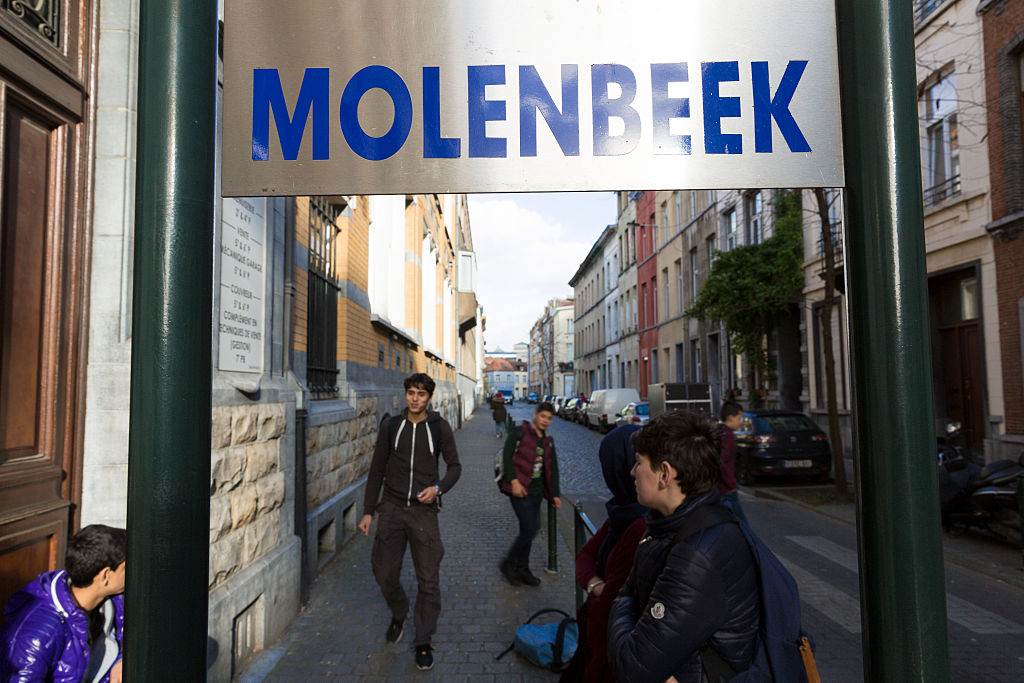Five Turkish imams who had been living in Belgium for four years face losing their jobs and possible deportation from Belgium due to a Flemish regulation designed to limit foreign influence.
The five imams were denied work permit renewals after the Flemish Government discovered they were receiving funding from the Turkish State, which is not permitted under state-level law.
Since May 2024, the Flemish Government in Belgium has barred economic migrants from being financed by foreign governments.
The five Imams worked in mosques in Antwerp, Sint-Niklaas, Ghent, Diest, and Lommel and were reportedly linked to the Diyanet network, which has direct ties to President Recep Erdogan’s regime in Turkey.
Flemish labour minister Zuhal Demir said the decision to deny the permit renewals stemmed from growing concerns about foreign interference.
“I am taking a firm stand against these practices. We must act quickly and firmly in such cases. We cannot simply overlook it,” she said in a press release.
There have been concerns that some individuals may have used their position, upon arrival in Belgium, to promote Erdogan’s agenda and undermine Belgian values by going against the country’s social norms.
Diyanet-affiliated mosques have previously been flagged for promoting allegedly homophobic views.
“This funding model is part of Turkish doctrines that directly control the mosques,” Demir stated.
“You cannot separate the Diyanet network from the authoritarian Erdogan regime that rules in Ankara.”
For Team Fouad Adhir, a Belgian Muslim and minority-interest party, the decision represented a provocation.
“I’m not going to engage in this provocative debate,” party leader Fouad Adhir told Brussels Signal.
Demir’s decision to revoke the imams’ work permits could also be seen as an attempt to circumvent the Belgian Constitutional Court’s 2023 ruling that deemed a ban on foreign funding of religious communities unconstitutional.
“The condition that foreign funding or support undermines the independence of a local religious community is not precise enough. It is a disproportionate interference with freedom of worship,” the Belgian Constitutional Court had ruled.
Now that their applications for new work permits have been rejected, the five Imams have three months to find another employer.
If they do not, the federal immigration service can decide to permanently remove them from the country.
They can also appeal the decision if they file an objection with the Council of State within 60 days.
In 2023, 66 work permit applications were submitted in Flanders by ministers of a recognised religion. Of these, 48 were ultimately approved. For 2024, the count stands at 36 out of 51 applications that have received approval.





